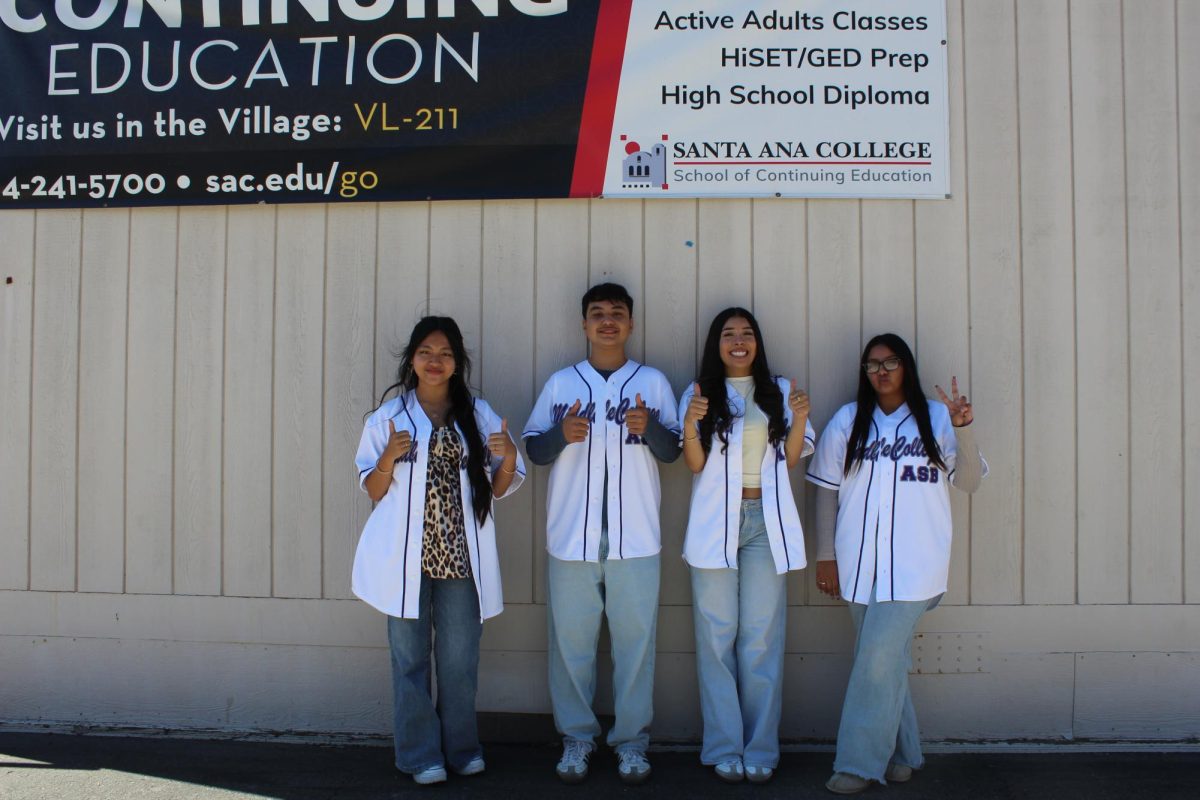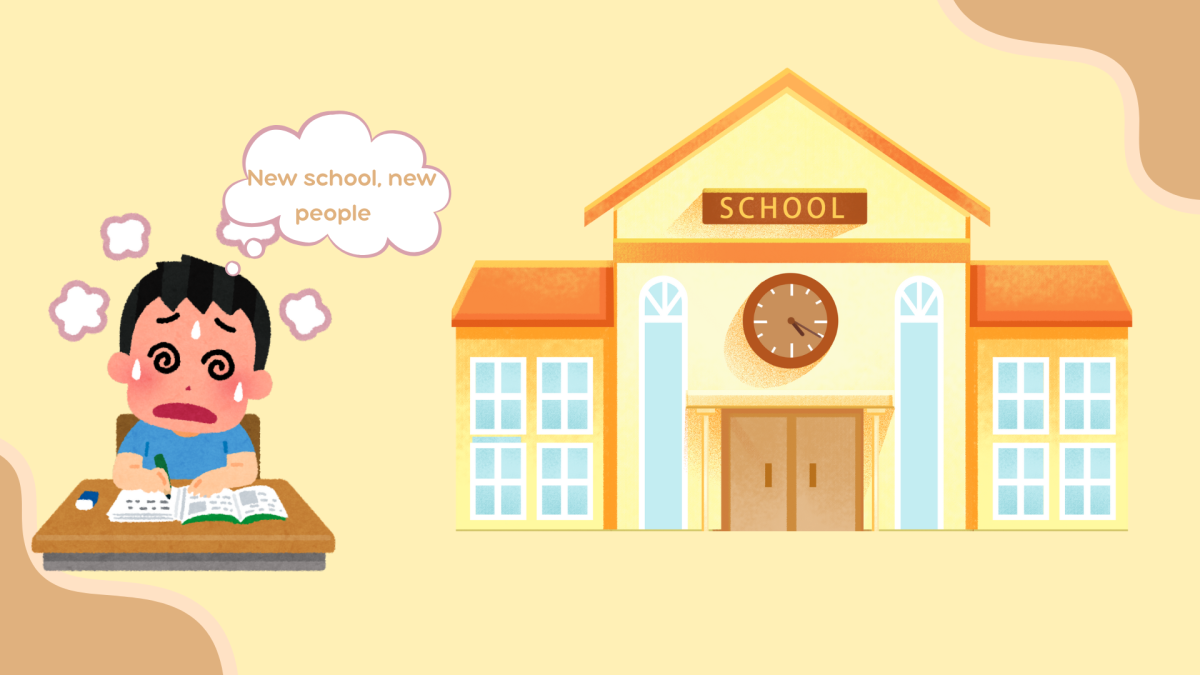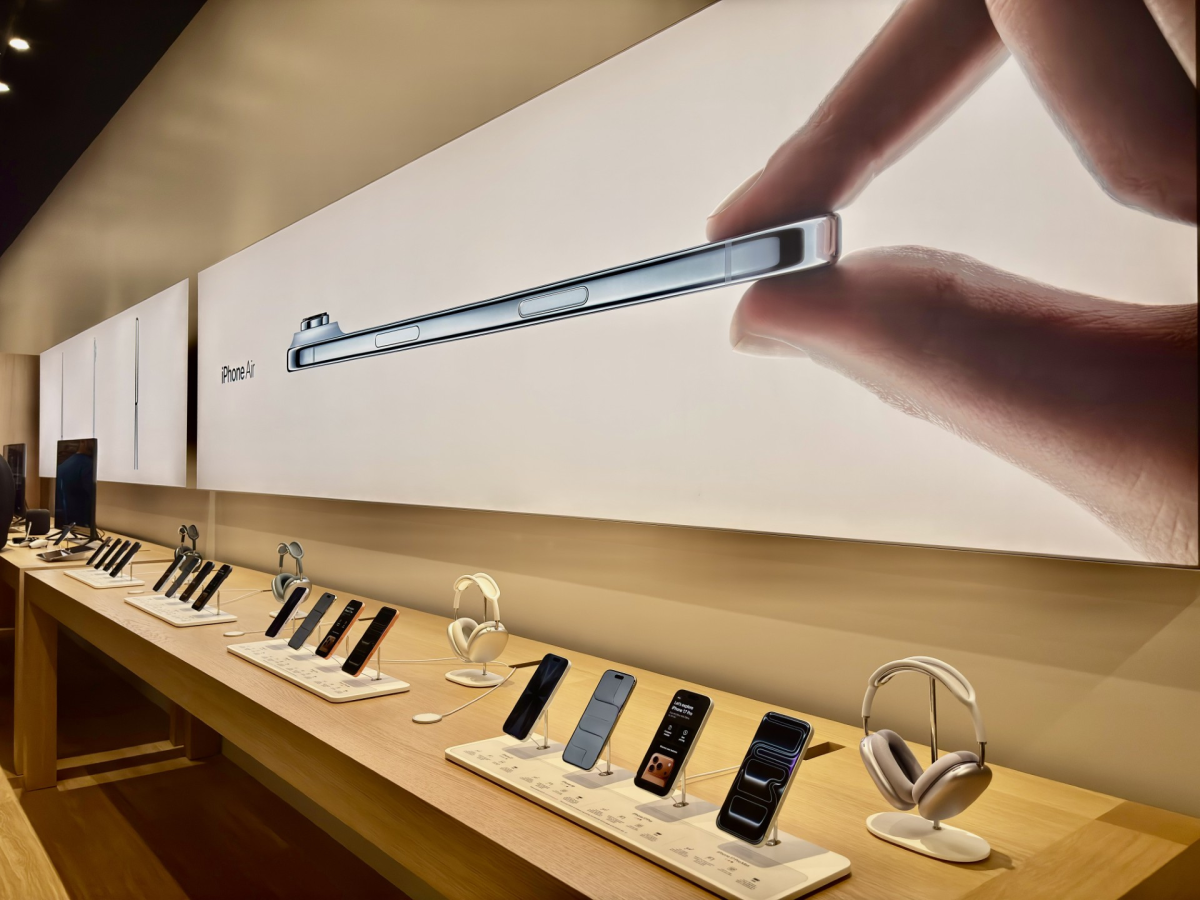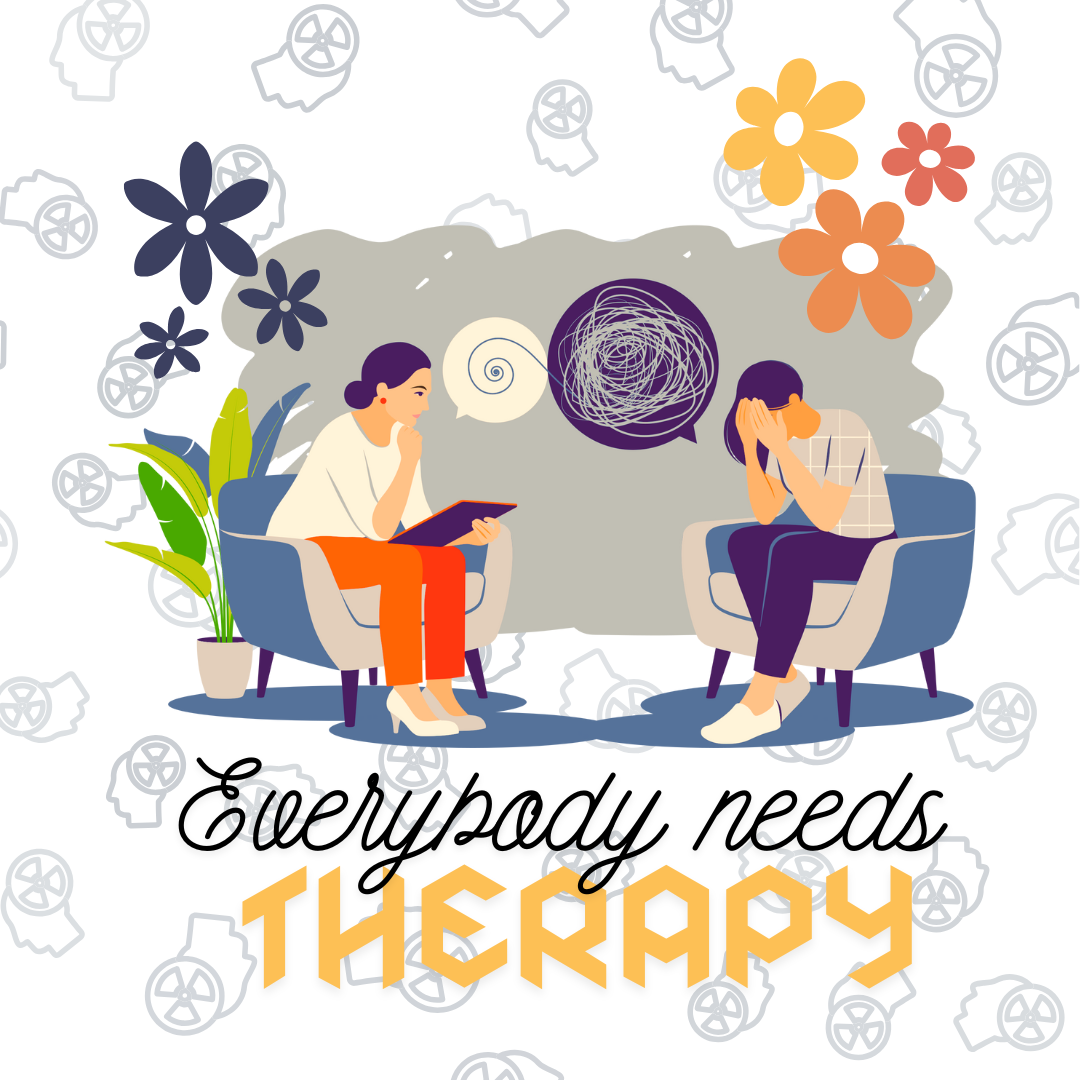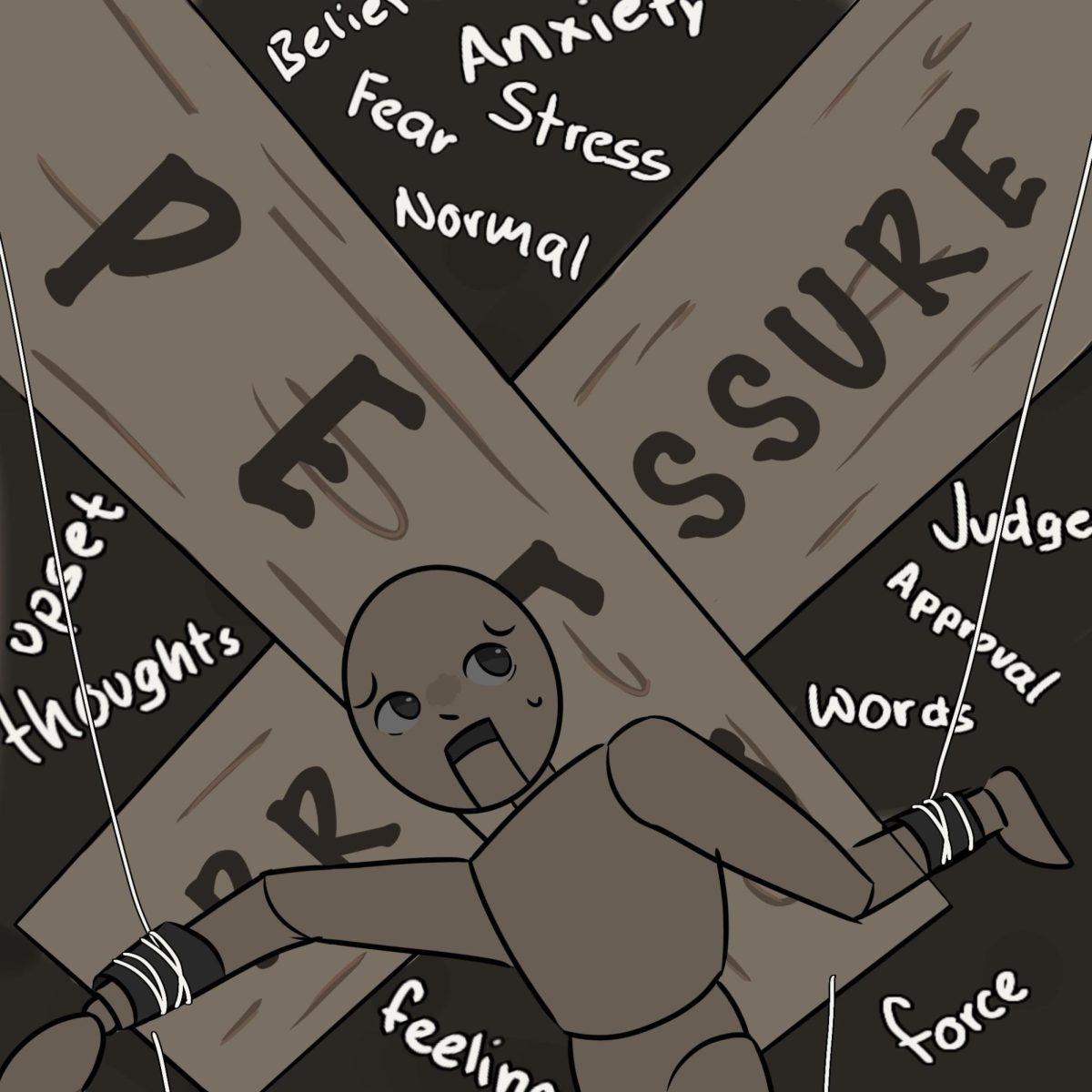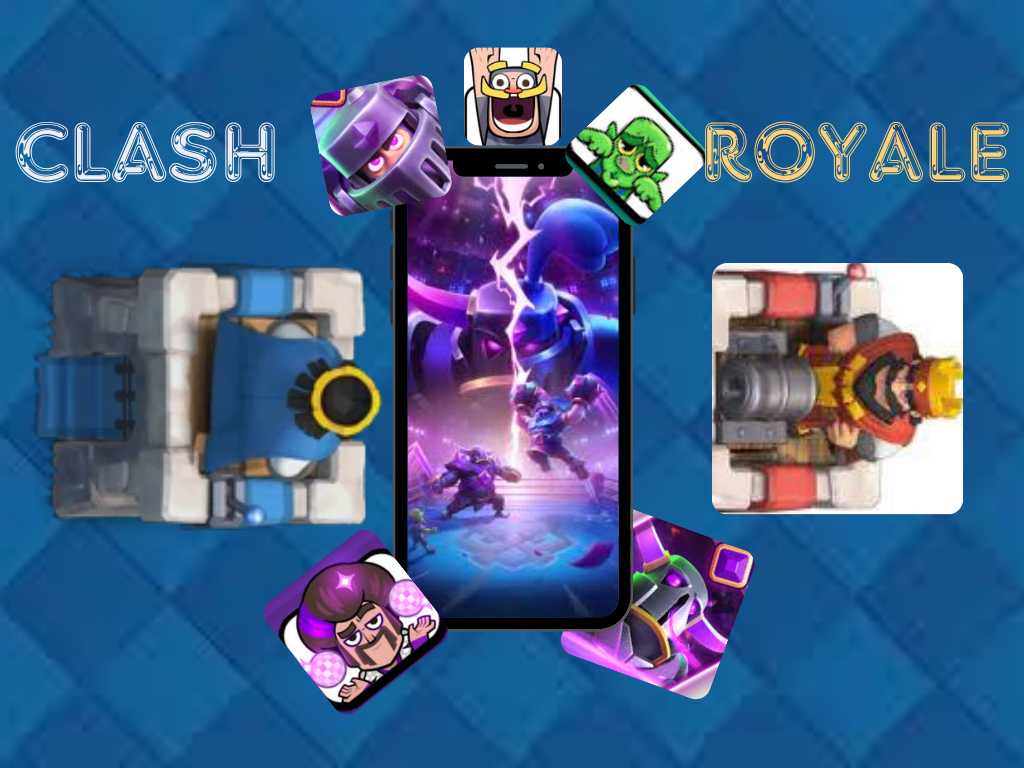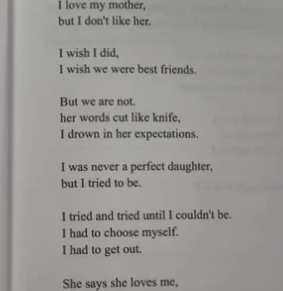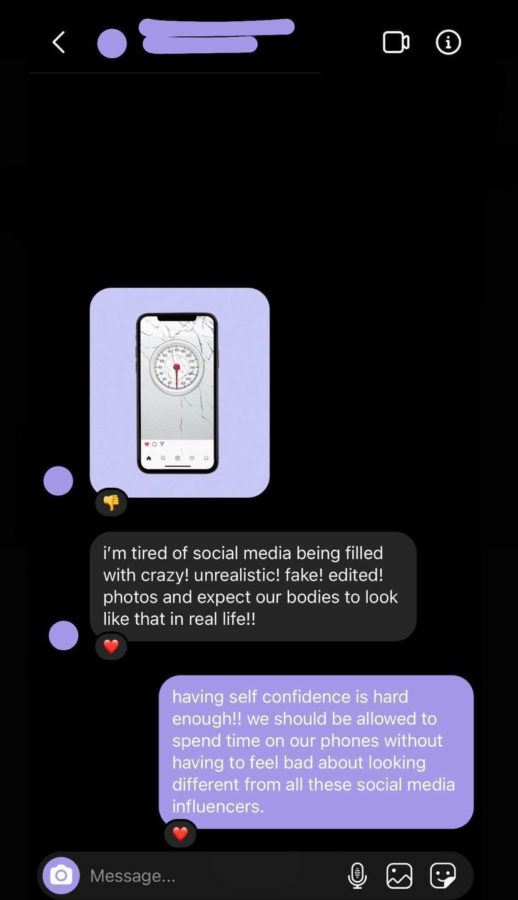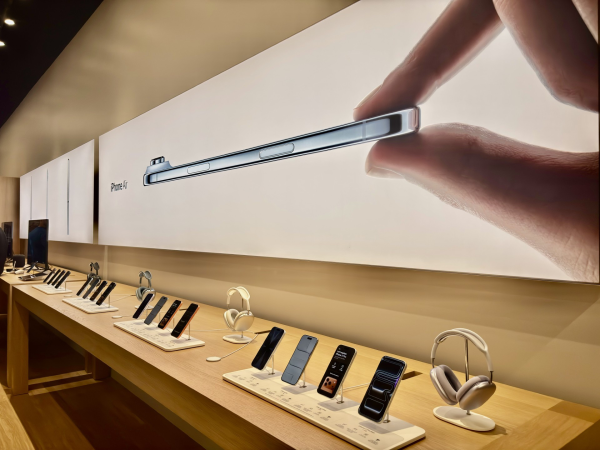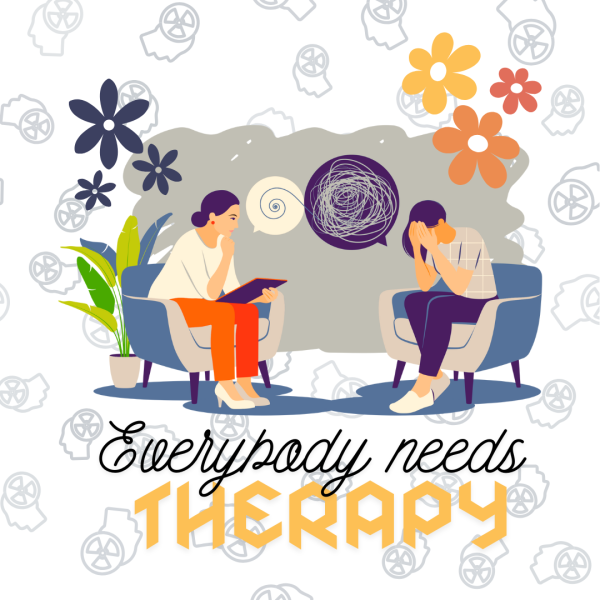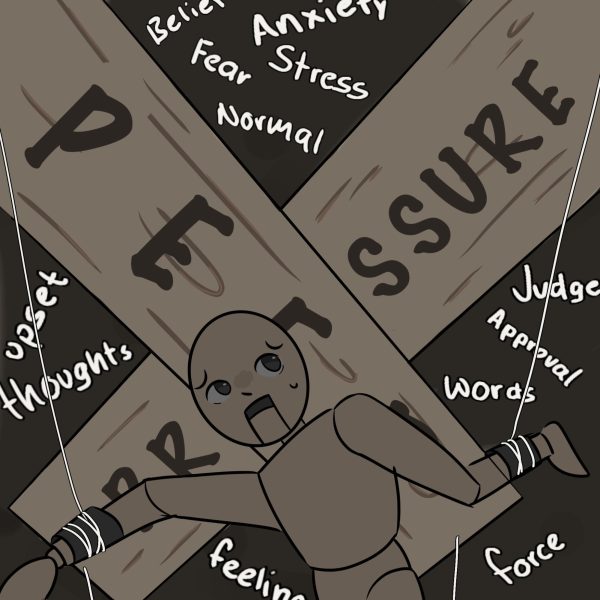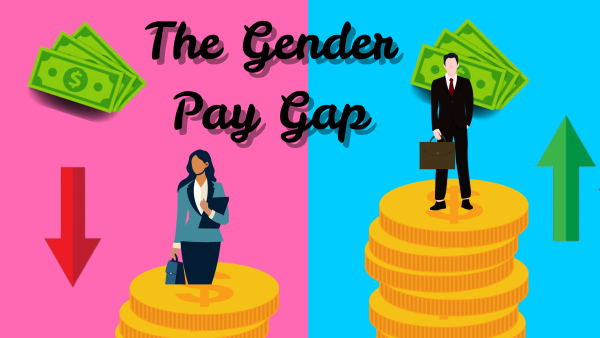Social media feeds eating disorders
Two young students have a late-night conversation about how their time on social media has become a place to feed their insecurities with unrealistic expectations of what their bodies should look like.
While social media is a great way to connect and communicate with one another, it can play a significant role for those dealing with or recovering from eating-disordered behaviors.
Nowadays social media is being used to share everything. There are many different types of influencers doing amazing things; along with those amazing things there are pages where influencers solely focus on achieving the “perfect body.”
A survey was conducted to see how long students were on social media. 114 MCHS students stated that they were on social media for at least three hours a day. There is a very high chance that within those three hours, they could have been exposed to unrealistic ideals of beauty, body shaming, diet talk, thinspiration, weight loss posts, and so much more.
According to the National Eating Disorder Association, a recent study of women between the ages of 18 and 25 showed a link between Instagram and increased self-objectification and body image concerns, especially among those who frequently viewed fitspiration images.
What this means is that as students get older they start to feel the need to fit some sort of expectation that society has set for them which can be very unhealthy without a nutritionist.
According to Pew research center, Social media is more influential than we realized:
- “69% of US adults use Facebook
- 73% of US adults use YouTube
- 75% of 18-24-year-olds use Instagram
- 73% of 18-24-year-olds use Snapchat”
While we see that the majority of Americans use social media, what is even more surprising is how often.
- “74% of US adults use Facebook daily, with 51% visiting several times a day
- Roughly 77% of Snapchat users and Instagram users ages 18-24 use the apps several times a day”
These numbers are very surprising because we are not aware of the impact social media has on our society; is this what our students are doomed to face as they get older?
Here are the main reasons how social media feeds eating disorders:
- Comparison- Social media is filled with unrealistic body expectations. This is extremely toxic! Someone who has or is struggling with an eating disorder can easily compare their bodies to those images seen on social media which are clearly altered and unrealistic.
- Body Objectification- Viewing altered pictures on social media is how one may seek validation. The main goal is to see how many “likes” or comments one gets. This is a horrible message, especially for those struggling with eating disorders. They may think “in order to get more likes, I should simply eat less” which is just simply ridiculous!
- Triggers- Posts about weight loss, workout routines, dieting, and the images of unrealistic ideals of body sizes can be triggering for those in recovery. Having an eating disorder is very hard, let alone recovering from one. Social media can make the recovery process way more difficult than it has to be. There are many posts where it shows before and after weight loss photos. They may claim a ridiculous amount of time to achieve the after photo or it can simply just be a way to promote some sort of weight-loss item. This triggers the urge to lose weight as fast as possible which is very dangerous.
It is important to be mindful of all the sneaky tricks social media may use to achieve that perfect, yet edited image. Everybody is different and beautiful in their own ways and most certainly do not have to follow any type of guidelines to be considered amazingly gorgeous!
Value yourself as you are and protect yourself from the negativity of social media.
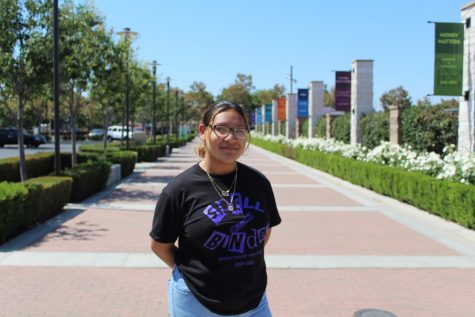
I have 7 piercings (so far)
I bought my first car at 16 :)
I've been 5’4 since 6th grade (ouch)


